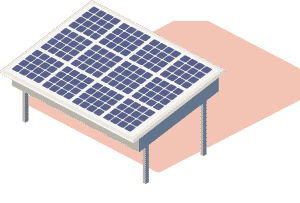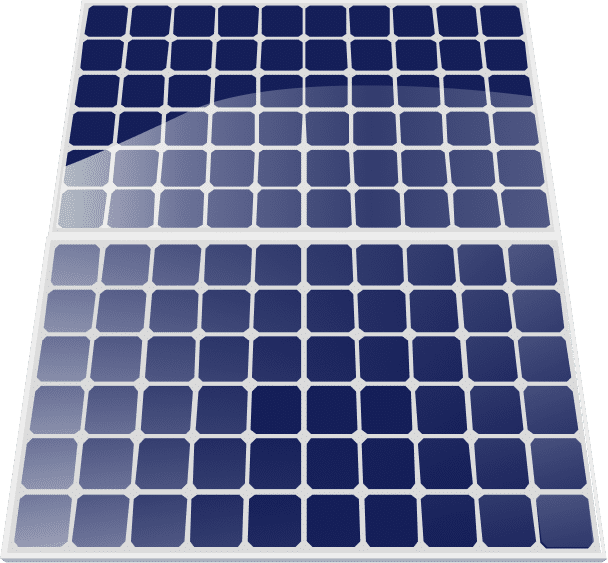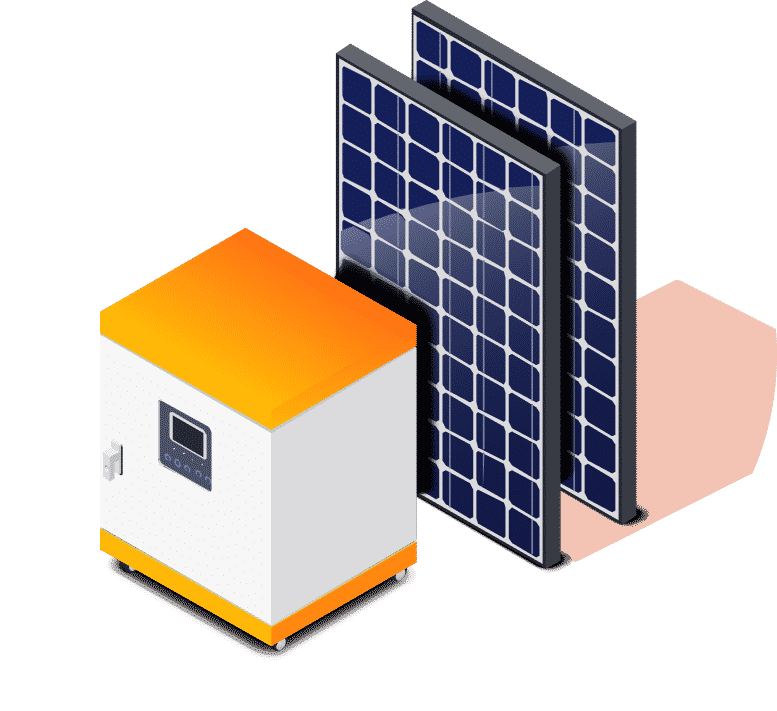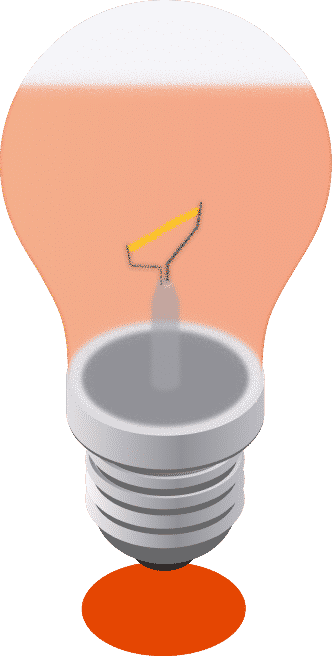Solar Panels and Insurance Coverage

Solar Panels and Insurance Coverage
Solar panels are an eco-friendly option. However, the solar panels (also known as photovoltaic systems or PV systems) can help you save money and boost the value of your home. Before you install the roof of your home with solar panels make sure your homeowners insurance covers them.
We’ll cover the insurance requirements of your solar panels as well as the most efficient options to utilize the renewable energy generated by your home.
Solar panels
Solar panels are expensive to use as an energy source for the average household for many years. A residential system costing $50,000 would have been not possible ten years ago. This is a steep price tag, particularly in the case of an investment that is likely to take time to repay.
As with all things technology is evolving and making it easier to afford. The price of a house can vary depending on many aspects. In the average, homeowners spend between $15,000 and $25,000. While that’s still a high price, more people are buying into. In fact 40% of the new US electricity generation capacity was generated through solar power in the first quarter of 2020.
Photovoltaic systems, or simply “solar panels”, are a great way to reduce reliance on nonrenewable energy sources for both the environment-conscious and the financially savvy.
While they could help you save money in the long term however, solar panels can cost a lot upfront and are susceptible to damage from the weather or other environmental conditions. It is essential that homeowners with solar panels are able to protect their investment.
How much do solar panels cost?
The cost of solar panel installation is different depending on the kind of solar panel you select and the location in which you live. It’s essential to compare prices before you make an investment. The [xfield_company believes that solar panels{ will|| can} cost $13,000 on average after applying solar tax credits.
It’s important that you consider incentives when you compare solar panel costs. They can drastically reduce your spending. The federal government recently increased the amount of the tax-free investment (ITC) for renewable energy tax credits. You can deduct 26% from the cost of installing solar systems from federal taxes in 2020 and 22 percent in 2021. There is no limit to the credit’s value. For more details on tax, see our post on home insurance and tax deductions.
Local and state governments offer financial incentives such as cashback and exemptions from property tax, waivers of fees, rebates, and fee waivers. To find out which credits you could qualify for, visit your Database of States Incentives in the field of Energy and Renewables. You may also be eligible for a loan if the cost is too high or you don’t require a system.


What are the advantages of solar panels?
Solar panels offer many benefits. Solar panels will not only help you save money in the long-term, but also reduce the carbon footprint of your home and allow you to earn solar credits from the government agencies.
Another benefit to purchasing solar panels can be the lessening of dependence on other energy sources. You can avoid rising costs for utilities due to fluctuating oil, natural gas and coal prices through solar power. You can even sell extra power to your utility company in certain areas, which will allow you to earn more than the amount you are saving.
The most important thing about solar panels is the ability to increase your home’s value at resales. As per the U.S. Department of Energy the solar energy system can boost the value of a house by about \$20 per \$1 of utility savings. The cost of installation is usually offset by the increase in home value. Solar-powered homes are more likely to sell faster which can aid in saving time and money when it comes to making your next move.
It is all dependent on where you live. What is the amount and how long the solar panel takes to pay off and the amount of money you save. Electricity costs can be as low as 8 cents per Kilowatt-hour (kWh) in certain states. In others, it may cost more that 20 cents. If you live in an area in which electricity costs are high solar panels may prove more effective. This map can help you determine the average costs per unit of electricity.
Consider all the improvements you’ve done to your home, such as solar panels when determining how much insurance you require. Your coverage should increase with the worth of your home. Contact the agent at Shneyder Solar to find out more about the protection of your home’s extras. We’re here to help.
Is homeowners insurance covered for solar panels?
The majority of homeowners insurance companies view rooftop solar panels to be permanent additions for your house. This means that most homeowner policies will cover solar panels, and you won’t need separate insurance to cover the panels. It is essential to study your options before you install solar panels in order to ensure there aren’t any gaps in your protection.
To find out if your insurance company covers a solar panel system, contact them. You can ask your insurance provider regarding any restrictions or risks that are that are not covered. This will allow you to learn about your policy and determine the most appropriate course of action.
There are other aspects you need to think about prior to installing solar panels. Before making an investment in solar panel systems, you should consider other factors that are not insurance policies.
Homeowners Association (HOA) rules. Some laws of Texas restrict the limitations homeowners associations may impose regarding solar panels’ installation. Your HOA is not able to prohibit you from install solar panels. They can establish guidelines regarding their installation. To ensure you are clear of what you are allowed to do, speak to your HOA/POA prior to beginning to proceed with this project.
Local laws and regulations. Although some solar panels are used to power homes , some may tie the system to the electricity grid. This permits homeowners to feed surplus electricity back into the grid and earn credit for it. There are rules that must be followed when you make any modifications or improvements to a power grid. Some cities, for example requires that electricians be certified to install the equipment.

Do I require separate insurance for solar panels?
You might need to increase your insurance policy or in certain circumstances, a separate policy that covers your solar system. You may need additional coverage when your solar panel is located in your yard and not in your roof. A solar panel carport is another{ example of a|| instance of a} freestanding structure that could require a separate rider policy. To determine the most appropriate method of proceeding, it is an excellent idea to consult with an insurance representative.
What is the cost for solar panel insurance?
Rooftop-mounted PV systems are usually considered permanent installations, which means insurance for them is usually included in the home insurance. The total amount of coverage you have will not change. You will need to make sure that your coverage will cover your home as well as the cost of installing a new solar system in the event of major damages. Solar panel installation is costly, and you might need to include the cost of replacement.
As per the Solar Energy Industries Association, the price of an residential solar panel system is currently $18,000. Certain systems can cost as high as $30,000. Even with these huge cost reductions, a solar panel system could still be an expensive investment that can affect your insurance rates. It is possible to increase your coverage limits to a low premium.
What should I insure for a solar lease system?
Another option is for people who are interested in installing solar panels but don’t have the money. Lease options are offered by many companies that permit users to buy a solar power system at a lower or zero upfront cost. You don’t own the system. This means that in many situations, you aren’t required to care for upkeep or take care of the insurance for the solar power system. The leasing company who manages the system is responsible for this responsibility. Although leasing may help you save the cost of energy, it won’t be as effective as having a solar power system.
Which states are the best for solar panel installation?
It is no surprise that states with the highest levels of sunlight are best for solar power. [region] [region], [region] as well as [region] are all possible locations to harness solar energy. Solar panels are becoming more common in all 50 [xfield_state-abbreviation]. Some of the biggest producers of solar energy are not anticipated states such as [region] and [region].
It is important to keep in mind that every state has its own regulations as well as incentives to use solar power. So, the benefits may differ dependent on where you live.
Considerations for solar panel insurance
Solar panels are made to be placed in areas where they are the most exposed and vulnerable to the elements. This makes it more likely that solar panels will be damaged, particularly if they are located in areas that are prone to severe weather. Solar energy systems must be protected as with any other investment that is costly. You may want to consider an insurance policy for your home that is lower cost in case you’re worried about solar panel insurance’s potential extra costs.
Shneyder Solar can help you find the best homeowners policy. It compares rates from several leading companies, and can help you narrow down your search.
Contact Shneyder Solar for more information about your Solar Panels insurance coverage
Solar power is among the most sustainable choices you can make for the planet. If your homeowner’s insurance does not provide solar panels, then you may want to consider including coverage.
Shneyder Solar can help you in the purchase and installation of a solar energy system. Our solar panel specialists are insured and licensed to make sure that the panels are correctly installed on your property.
GET YOUR FREE PROPOSAL IN A FEW EASY STEPS
Fill out the form and our sales consultant will contact you! Once you’ve had your initial consultation, you’ll begin your solar journey.
